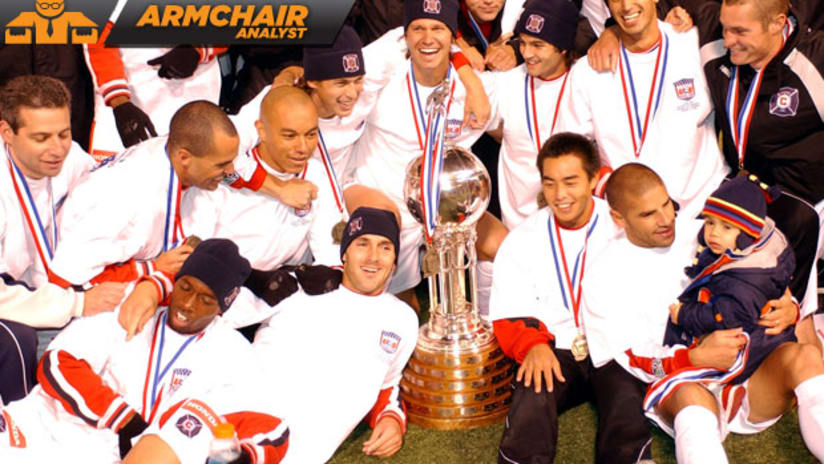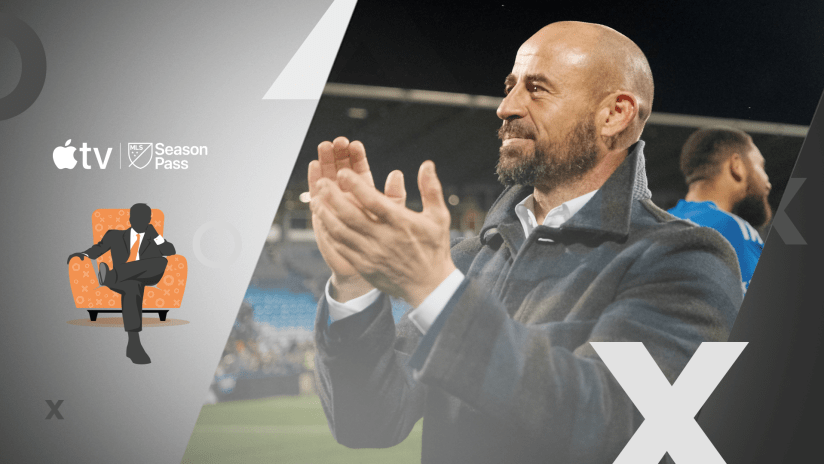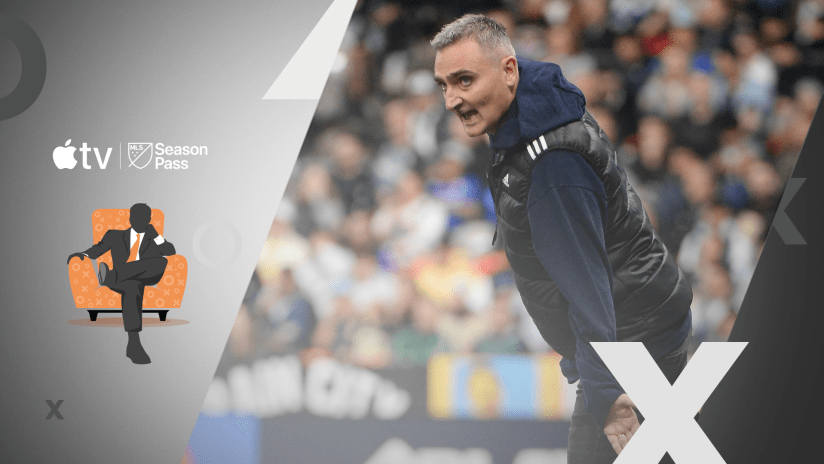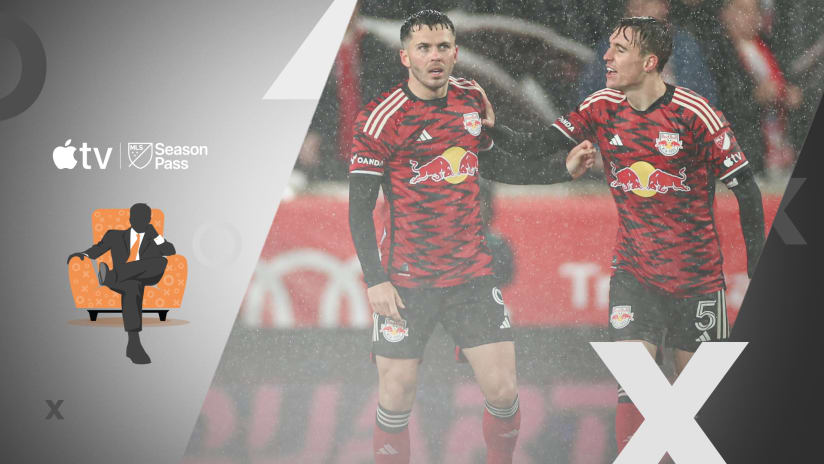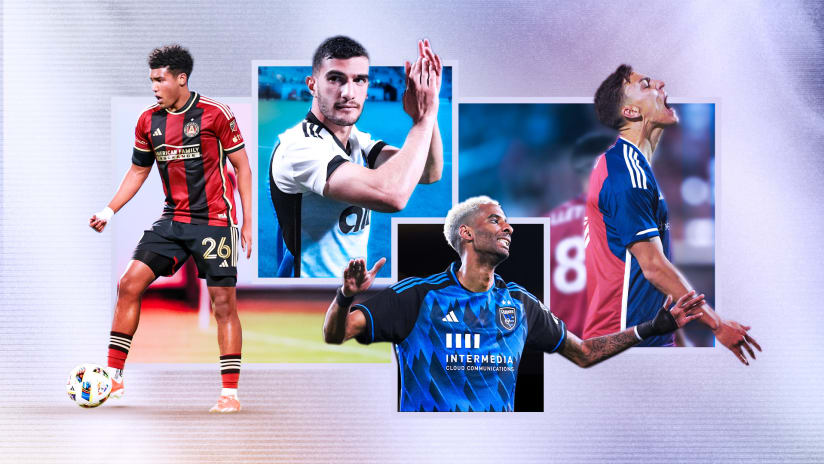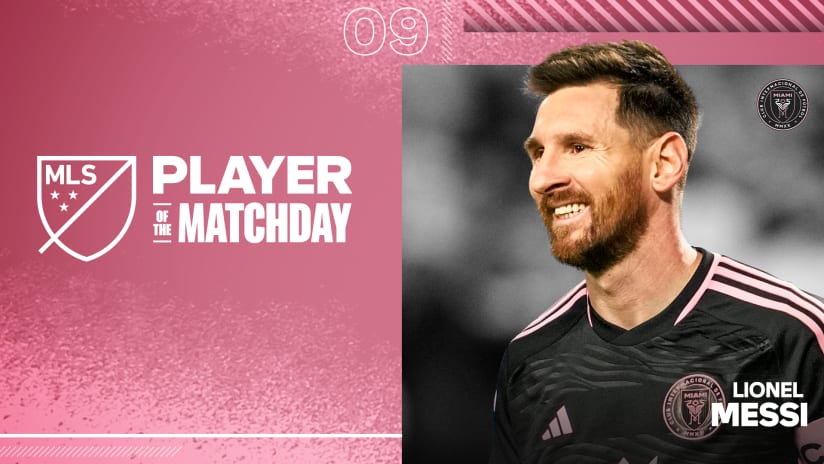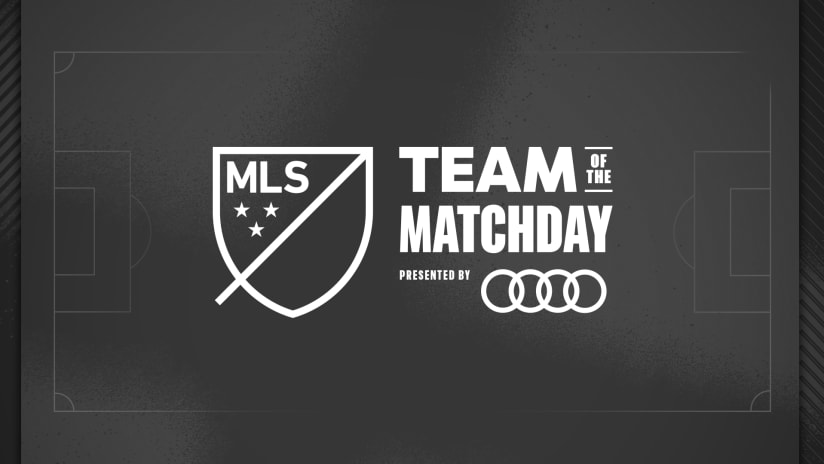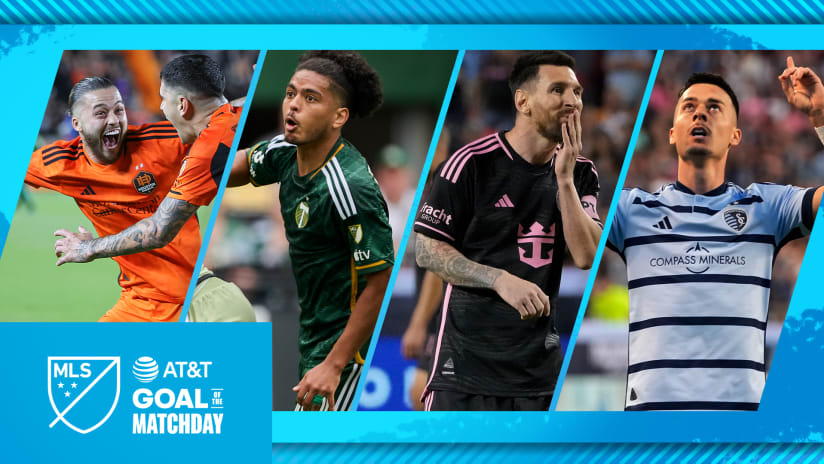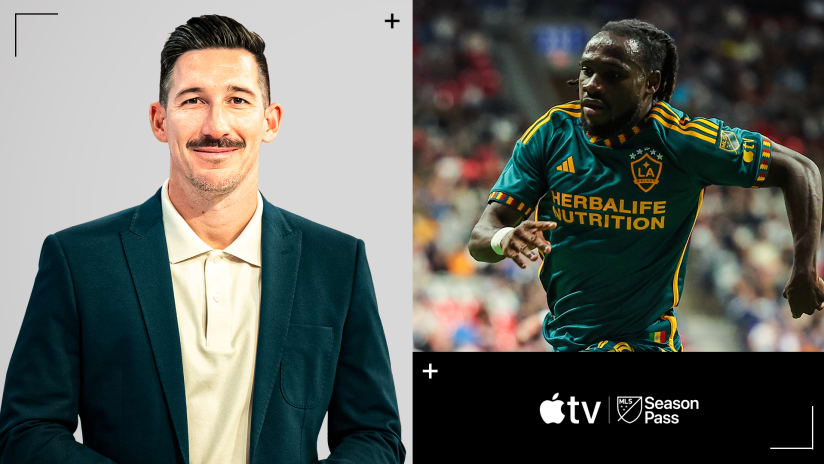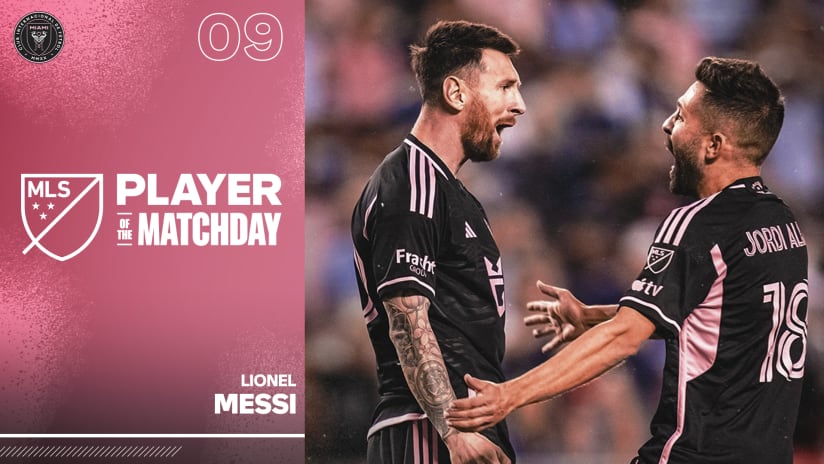Go back far enough, and almost every MLS 1.0 team has reason to hate every other MLS 1.0 team. That's what happens when you play each other four times a year for a decade, when you meet each other in the playoffs a few times, when you swap players and executives and head coaches back and forth like trading cards.
So no, New York vs. Chicago is not a rivalry in the way that New York vs. D.C. is, or Seattle vs. Portland or LA vs. San Jose. But it's a feud with some serious history, and from that history stems some serious pain – strictly on the part of New York fans.
"Remember when we did the Hate Bracket in 2004, Chicago was a two seed, the second highest seed for a team other than D.C.," says Dan Ryazansky, the founder of popular New York fan forum Metrofanatic.com and a MetroStars fan from Day 1. "I really hated their guts, and we just continued losing to them."
As D.C.'s fortunes sank in 2000, Chicago rose up to fill the void as New York's principal nemesis (United would always be the main rival, mind you – there's a difference). Bad blood first boiled to the surface early that season, as the two teams exchanged nearly 40 fouls and some unfriendly banter on the sidelines. It was crystallized later that year in the playoffs, when the Fire knocked the MetroStars out in the Eastern Conference Championship, just one step from what would have been the New York franchise's first Cup appearance of any sort.
It was a painful loss, and the physicality of that Fire team fed into the fans' mutual dislike.
3 for Thursday: New York vs. Chicago
Chicago kept winning, for the most part, while New York never really matched production to that 2000 team's potential. But in 2003, they somehow – with a team featuring rookies Eddie Gaven, Ricardo Clark and Mike Magee – snuck into the US Open Cup final. And then won the right to host it.
"We were very happy to bring that game to Giants Stadium for our home fans," recalls current Philadelphia Union executive and then-MetroStars GM Nick Sakiewicz. "We worked hard for it, and I think that they deserved to have it."
A Cup final is supposed to be a celebration when you host, and history had borne that out in the US Open Cup – up to that point, no USOC host during the MLS era had lost the final. New York, as it turned out, were about to break new ground.
"We were an average team [11-10-9 on the year], with a new coach and a bunch of kids, but nothing that seemed special," explains Corey Vezina, who was then president of the Empire Supporters Club. "We won just one of our last five games in the league. We'd just lost Tim Howard. We were still at the beginning of a rebuilding. But, three late cup wins in a row, two over our rivals, and there we were in the final. At home. Surely, the stars were aligned. For us this time."
Eight hundred miles away, in Chicago, Peter Wilt was pretty sure the stars were aligned exactly how he hoped they'd be.
"I'm a White Sox fan, but my real favorite team is whoever's playing the Cubs," explains Wilt, who was then the GM of the Fire. "I couldn't have been happier that week. It was great."
The night before the Cup final was a landmark one in the history of Chicago sports. A young man named Steve Bartman – a Cubs fan – had interfered with his own team's player in an attempt to catch a foul ball, helping ignite a Florida Marlins rally. One moment the Cubs had been on the verge of their first World Series in decades, and the next they were wrestling against the tide of history. And losing.
Wilt was giddy at the result. And then the next morning, he flew to New York.
So did Andy Braudy, who'd used the Cubs game as an excuse for a long lunch, skipping town to head to the Cup final.
"Oh, I wasn't going to miss it," says Braudy, who still travels to as many Fire games as he can. "Any time your team's in a final, you have to be there. That's just the way it is. So I left work, drove out to Midway [Airport] and flew into LaGuardia. From there, I took public transit, and I think it took longer than the flight."
"We had a huge traveling contingent," Wilt remembers. "And otherwise, the stadium was mostly empty."
The numbers bear that out, as reported attendance for the game was just 5,183.
"The anticipation for the final was through the roof," Ryazansky explains. "Not only was it our first final in eight years, but it was to be hosted at Giants Stadium! So you can imagine the bewilderment when we got to the stadium ... and there was no one there. Oh, the ESC packed it in 101, but outside of that section, it was emptier than Arrowhead for Wiz games."
That wasn't the only concern for Metro fans. Bob Bradley – who had made his name in MLS by leading the Fire to two Open Cup titles and an MLS Cup – was now on New York's sideline. And he'd indulged his penchant for questionable lineup choices.
This is soccer: NY vs. CHI, October 6
"I remember scratching my head when Adrzej Juskowiak walked on the field," says Ryazansky. "He hasn't started a league match, hadn't shown much up to that point ... he showed even less in this game. He was so ineffective and completely useless."
As the game played out, both teams struggled for purchase, with neither creating much danger. It was a bitterly cold night, and both sets of supporters tried to sing their team on.
"The first 45 minutes was a wall of sound, row after row full of people whose feet never touched the ground," Vezina says. "We kept singing knowing that any minute we would score that would finally bring a cup home. And the time passed. And passed. And passed. We kept singing. Surely, any time now.
"We got to halftime and the doubt started to creep in. I don't honestly remember much of the second half ... other than we knew time was ticking away, and that we had to do something"
But it was Chicago who found that "something," in the form of a Damani Ralph goal.
"I don't remember the Chicago goal; I do remember them having very few chances but somehow scoring the one time the Metro defense broke down," Ryazansky says. "Edgar Bartholomeu, the Angolan defender who wore his first name on the back of the shirt was somehow involved. Or maybe he wasn't. My memory whitewashed it."
"It was a breakaway," Wilt recalls. "And Damani just did what he'd done all year."
From there, the Fire simply held on. Clint Mathis missed a couple of chances for the MetroStars, and local hero John Wolyniec couldn't shake up the game when he came on midway through the second half.
"Twenty minutes left. Still time. 15. 10," Vezina counts down. "Extra time ... chances, but no breakthrough. Clint couldn't do it. Amado [Guevara], just short. Woly, no. And then a final, cruel whistle. Dream over. Battle lost."
"When you talk to Peter, you have to ask him about his medal," Braudy says. "He walked over and tossed it to us."
Wilt had spent the trophy ceremony checking his cell phone for updates of the Cubs game – Game 7 vs. the Marlins.
"When it came through that Florida won, that's when I finally celebrated. And I ran over to the supporters and threw my medal into the crowd. It was a perfect night – any time you win a game like that, it's a perfect night."
Not, of course, for the New York fans. A 1-0 loss at home was not how they'd envisioned their first Cup final.
"It was the second worst game I've ever attended," Ryazansky says. "Or maybe even the worst. I still hate Damani Ralph."
"Most of what I remember from the end of the game was one girl, crying to herself. 'It was so beautiful. They were so close,'" Vezina recalls, putting a poetic spin on it. "I walked out of that game thinking 'Well, it was a good run. We're a young team, we'll have other chances.'
"Morose to say it out loud, but, the sun never shined so brightly again."

